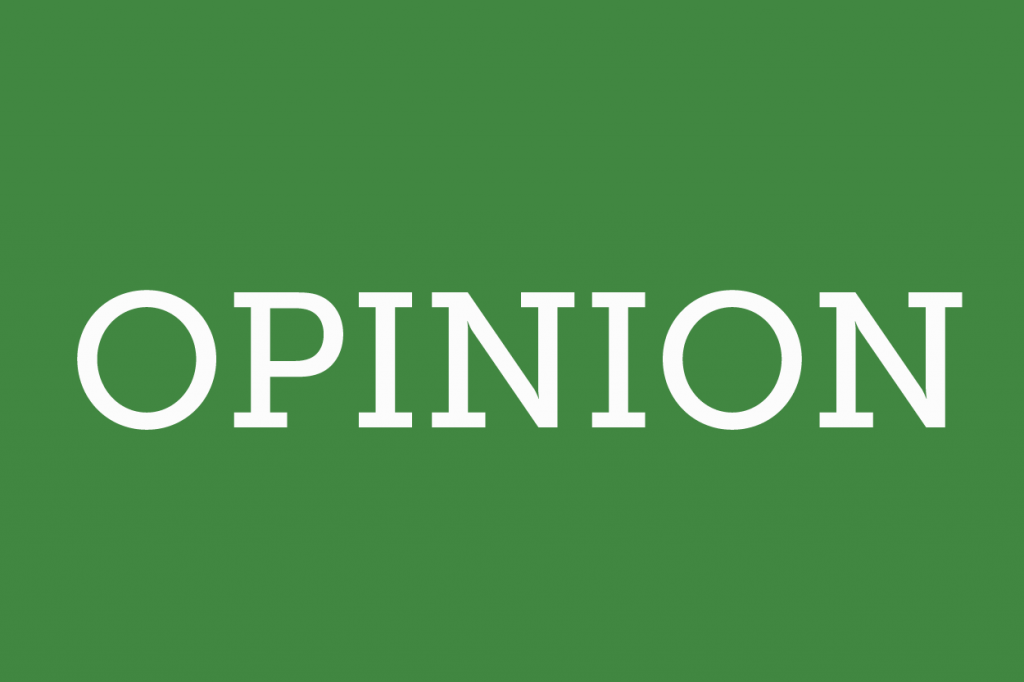We have a national emergency and no, it’s not coming from Mexico. The emergency is sitting in the Oval Office on Pennsylvania Ave.
President Donald Trump said Friday, Feb. 15, that he was going to declare a national emergency to build his long-professed campaign promise, the border wall. After the longest government shutdown in history and several negotiations with Congress and Speaker of the House Nancy Pelosi, Trump finally declared the emergency he’s been flirting with since December. According to the White House, the emergency is to stop the “humanitarian crisis” at the border that brings in “criminals, gang members and illicit narcotics.”
The severity of Trump declaring a national emergency to build the wall is terrifying but not that surprising. We know he’s happy about the loopholes you can use to execute absolute power. Despite Congress approving a new deal to avert another government shutdown, Trump proved to the country that democracy only thrives if the president allows it.
“You want to talk about a national emergency, let’s talk about today,” said Pelosi, reminding Trump that it was the one year anniversary of the Marjory Stoneman Douglas High School shooting in Parkland, Florida. “That’s a national emergency. Why don’t you declare that emergency, Mr. President? I wish you would.”
Presidents have declared dozens of emergencies, but Trump’s declaration is the first of its kind.
“On the surface, this ‘Oh, other presidents do this, too’ line seems logical,” said Chris Edelson, an American University government professor. “But there is no example where a president asked for funding for something from Congress, Congress said ‘No,’ and the president said, ‘I’ll use emergency powers to do it anyway.’”
The president’s move left Capitol Hill sharply divided, especially the Senate Republicans. Trump sought to portray his invocation of emergency powers as a routine use of executive authority that was never controversial when his predecessors did it.
“I’m going to be signing a national emergency, and it’s been signed many times before,” Trump said. “It’s been signed by other presidents. From 1977 or so, it gave the presidents the power. There’s rarely been a problem. They sign it. Nobody cares.”
But everybody cares. The Brennan Center for Justice provided a recent study of presidential emergency powers, and it demonstrated that Trump’s declaration is a problem compared to the 59 previous times presidents since the Carter administration have invoked emergency powers. The “overwhelming majority” of those instances imposed sanctions on various foreign officials and groups who were accused of human rights violations, terrorism or transnational narcotics trafficking. According to the New York Times, “They attracted no controversy because Congress has wanted the executive branch to operate that way.”
“There is nothing approaching an ‘emergency’ in this situation, no matter how loose a definition you use,” said Elizabeth Goitein, the researcher for the Brennan Center study. “Congress has made it as clear as it can that it does not want the president to use funds for this purpose, so this is the president using emergency powers to thwart the will of Congress. That is very different from how emergency powers have been used in the past.”
Trump’s national emergency declaration will ‘free up’ $8 billion– far more than the $5.7 billion he initially demanded. The White House will access that money by essentially taking it from other budgets such as military construction, drug interdiction and drug forfeiture.
While running for office, Trump repeatedly promised that Mexico was going to pay for his wall. But this declaration proves that we all will pay for it.
Thousands of people are dying on a yearly basis from gun violence. Flint, Michigan hasn’t had clean water since 2014. Climate change is overtaking our planet. Racism is evolving. Student and medical debt is continuing to rise.
We are facing several emergencies, and the ones that are happening north of the Mexican-American border are sure to be our most interesting yet.
Daniela Perez is a junior majoring in journalism and political science.







